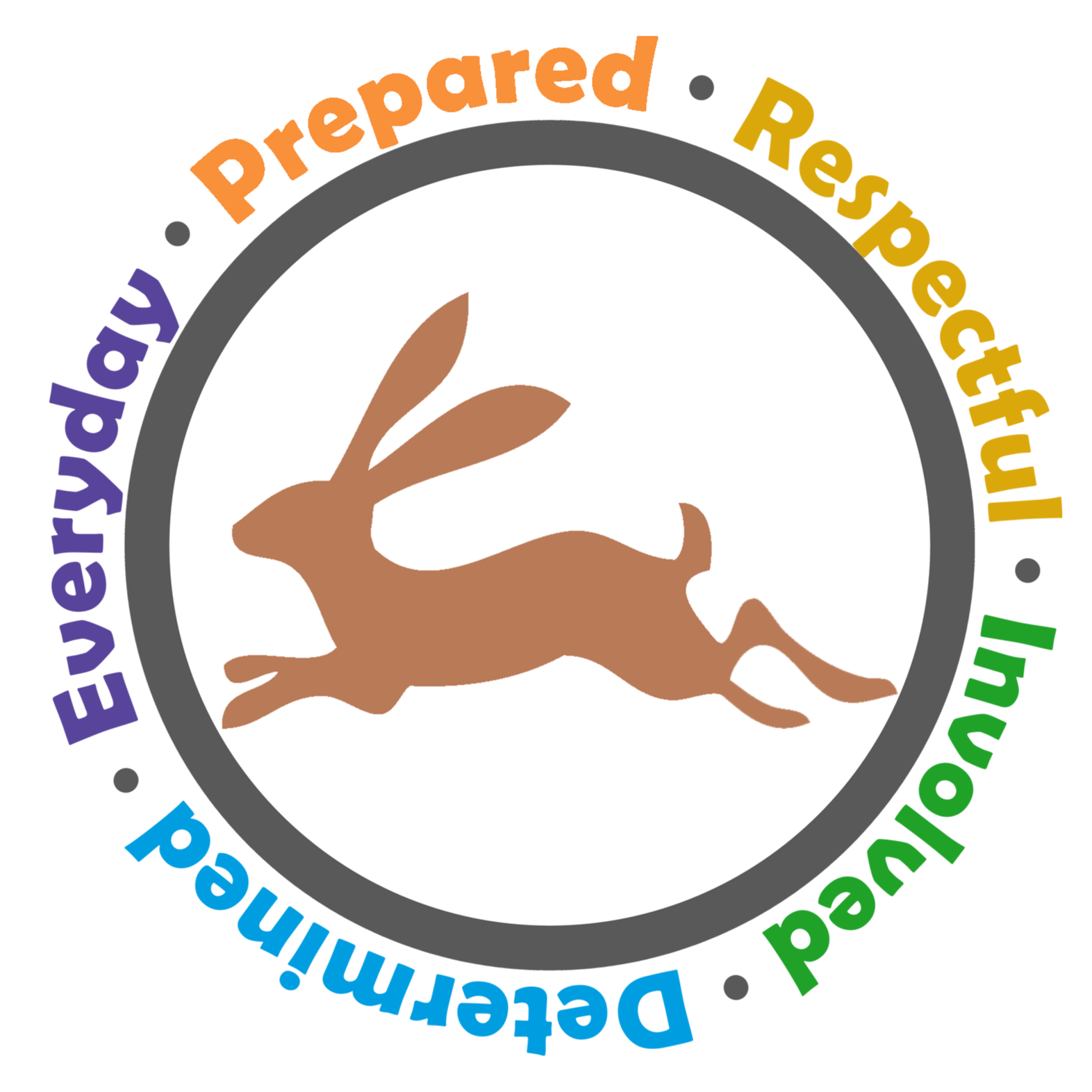Cultural Capital

What does Cultural Capital mean at Harefield Primary School?
Every child and family who joins Harefield Primary School has their own unique knowledge and experiences that links to their cultural and wider family. This might include language, belief, traditions, cultural and family heritage, interest, travel and work. Research shows that when children and families cultures are valued, both a child’s experience of learning and progress can benefit (Husain et al 2018, p.4 and Guzzard, E 2018 in Chalmers, H. and Crisfield, E. 2019).
Cultural Capital is an accumulation of knowledge, experiences, behaviours and skills that a child can draw upon to be successful within society, careers and in their future lives. This also includes a child’s ability to demonstrate their awareness of other cultures and understanding of people different to themselves.
Cultural Capital helps children achieve goals, become successful and overcome any disadvantages that they might face. Providing children with new experiences and knowledge that close the gap between them and their peers support their want and drive to aspire and achieve social mobility whatever their starting point.
Ofsted says “As part of making the judgement about the quality of education, inspectors will consider the extent to which schools are equipping pupils with the knowledge and cultural capital they need to succeed in life. Our understanding of ‘knowledge and cultural capital’ is derived from the following wording in the national curriculum: Cultural Capital…is the essential knowledge that pupils need to be educated citizens, introducing them to the best that has been thought and said and helping to engender an appreciation of human creativity and achievement.” (OFSTED 2021 Inspection Handbook part 2 203).
At Harefield Primary school, the children experience a wide and varied curriculum, which aids engagement, development and motivation in children. The curriculum builds on what the children already know and create curiosity beyond what the national curriculum creates. We believe that gradually increasing the children’s experiences (not only to different cultures but to different situations as well) throughout the school is important to their ongoing success and challenges them to think differently than they did before.
Gradually widening the children’s knowledge and experiences as they progress throughout the school is an important step in providing rich and engaging learning across the curriculum. We plan for these experiences across the school to ensure that they are continuous and progressively richer. These experiences include trips to the local library, question of faith days, trips to places of celebration and worship, sports, music and drama productions.
